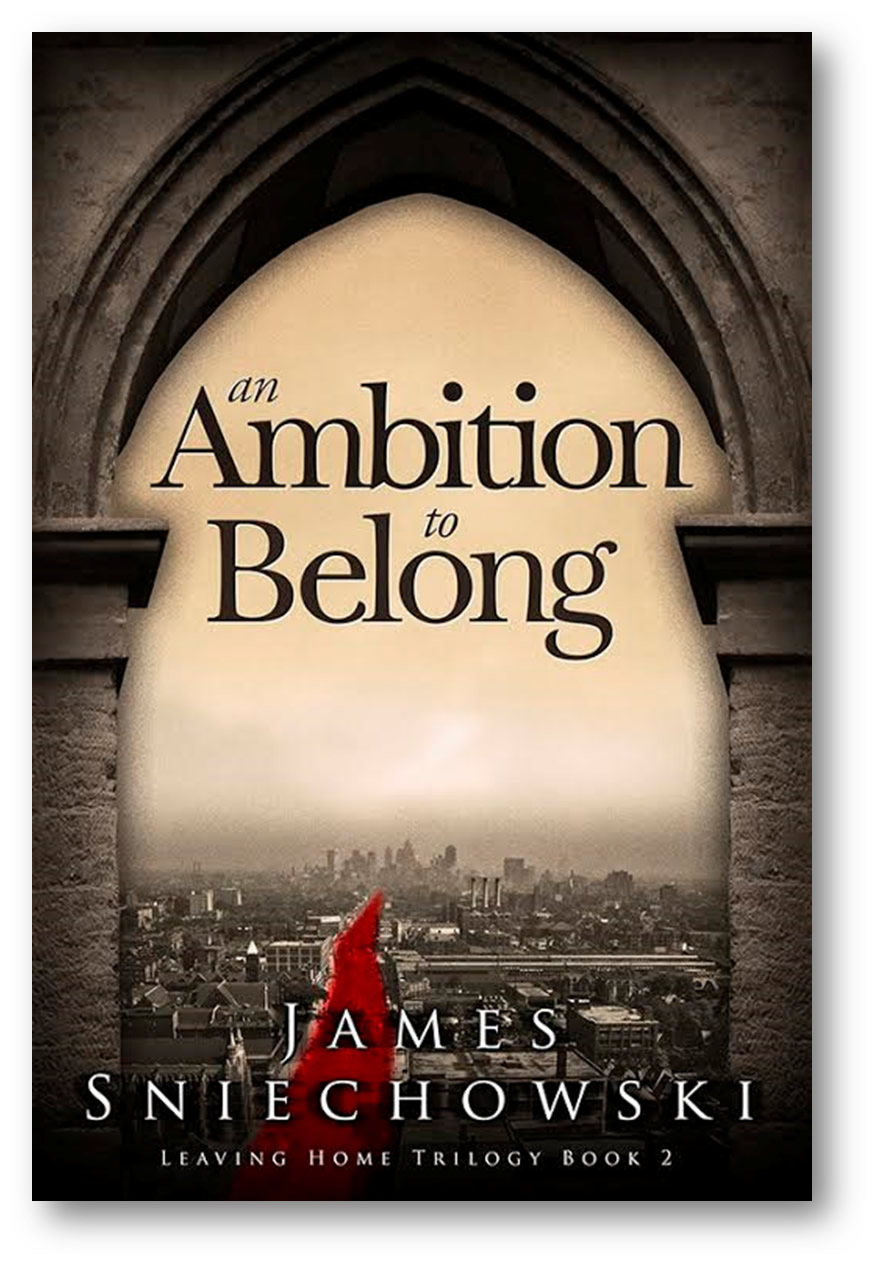Today it’s Jim’s turn to share some of his stories that demonstrate where his Fear of Being Fabulous originated.
When you listen to Jim describe a bit of his background and the early roots of his Fear Of Being Fabulous, see what comes to mind from your own early experiences where you thought you had to be humble and modest, playing down your own excellence and expertise. That playing down is what J & J call “hold-backs” which are most often unconscious until you get awakened to how they are interfering with your larger more satisfying life. And that’s what “The Double Js” are dedicated to helping you discover.
Both Books are Available on Amazon – Just Click on the Covers
![]()
Ep.136 ~ Our Own Hold-Backs Part 2~Jim’s Fear of Being Fabulous~ TRANSCRIPT
When you listen to Jim describe a bit of his background and the early roots of his Fear Of Being Fabulous see what comes to mind from your own early experiences where you thought you had to be humble and modest, playing down your own excellence, your own expertise. That playing down is what J & J call “holdbacks” that are most often unconscious until you get awakened to how they are interfering with your larger more satisfying life. And that’s what “The Double Js” are dedicated to helping you discover.
Hi – I’m Judith Sherven and I’m Jim Sniechowski
Judith:
We welcome you to another in our “Overcoming the Fear Of Being Fabulous” podcasts.
Jim:
And we are continuing on from the past episode when Judith shared important elements of her growing up background so you can better understand how we came to our deep commitment to helping people Overcome the Fear of Being Fabulous. Today it’s my turn to do the same. …
Judith:
… Because we want you to understand what was involved, and why we both had to quit our very successful acting careers. You see, it was after intense, dedicated conversations that we arrived at the understanding that both of us had suffered from the unconscious forces of The Fear Of Being Fabulous. Our success was too much. We couldn’t continue to own and grow the success we had achieved. We had to make up “stories” that allowed us to quit.
Jim:
Now, what we are sharing with you in our personal stories about acting success and why we quit reveals each of our unconscious reasons—and these may not apply to you at all. But we know you have your own stories in some areas of your life where you’ve abandoned success no matter the size. Something that was meaningful to you, or it could even be a serious desire that you abandoned, in order to stay true to a deeper unconscious commitment.
Judith:
What we’re sharing with you wasn’t learned in psychology school and doesn’t come from someone else’s self-help program. It was discovered, mined, refined, and lived into success by each of us individually and together. It governs how we relate to our Executive Coaching clients, what we look for, how we respond, and the much appreciated results we produce for our clients.
Jim:
We both came from “nowhere.” Our parents were upper-lower class. Our fathers were “worker bees,” each lacking even a high school diploma. Neither of our mothers worked.
Judith:
With serious psychological limitations surrounding each of our families and therefore each of us, our growing up years were polluted, strained, and disadvantaged. And yet, as we’ve said, each of us achieved actual real success as professional actors. By sharing this with you in more detail we trust you can understand how our family backgrounds provided the unconscious influences that plagued our early adult lives.
Jim:
We’re doing this so you can understand what prompted us to dig ever deeper into what we call The Fear of Being Fabulous and why we want to share it with you so your life can become more of what you actually, consciously want!
Jim:
I’ll call my personal story, “Surrounded by the Factories of Detroit”
I come from a Polish, upper lower-class factory working family in inner city Detroit. All of the men were factory workers. The women were housewives who kept the houses and even the streets clean. They volunteered at the local Catholic church and whenever needed, made the bridal showers, wedding parties, and funeral lunches for their families and friends. The men went off to Ford, Chrysler, Dodge, Chevy, and other similar factories.
After nine years at our local parish elementary school, K-8 at the hands of old country Catholic nuns, who never hesitated to smack our knuckles with their wooden rulers or in other ways humiliate us in front of our classmates, I had learned the bare minimum in order to pass.
So I was really surprised when my father insisted I take a test in order to apply for entrance into the University of Detroit College Prep High School. It was a Jesuit taught private school that catered to the sons of the auto industry executives. I didn’t even know what a Jesuit high school was.
I took the exam. I passed. I got in to the top third of my freshman class. While I clearly had the brains, I had nothing in common with the wealthy upper class boys who dominated everyday life in that school. In fact, once I got home each day I changed my clothes, went to a local hamburger joint, The Circle, and hung out with my local street gang The Royal Lancers.
The truth of the matter is I didn’t really know what I was doing at that private high school other than taking tests and passing them. I also didn’t actually know why I was in a gang, other than trying to belong somewhere. But I didn’t.
Here’s one example of how The Fear Of Being Fabulous showed up.
When I was a Junior, our English class was given the assignment of finding a picture in a newspaper or magazine and then write a one-page description of it.
I hadn’t done the exercise and it was due right after lunch. So during lunch hour I rushed into the library and found in a magazine a picture of a pair of eyes. The word “somber” came to mind. I didn’t even know what somber meant. I looked it up, and it seemed to apply. I dashed off a one page description and then turned it in. At least I got my homework in.
Several days later, the teacher, a Jesuit priest as they all were, came in to class with a black loose-leaf binder in his hands. He announced that this was the binder into which the best writing samples from his teaching career were placed. He announced that out of all the students in his class, mine was the only essay he’d chosen to put in his binder.
Now, you might think I would have been thrilled. ‘Yowza! Hey, this might mean something!’
Instead, my private response was a version of The Fear of Being Fabulous. “What an idiot. Boy, did I ever con him! I got something done so I didn’t get punished. It meant nothing to me. This fool bought it! I must be a really good con man.”
What I was unable to do was see myself as other than where I came from. And where I came from would never, ever have tolerated anything that you didn’t work your tail off for. It was only in effortful work that value was realized. It was work that was important. Since I didn’t work at it, it must’ve been meaningless. The priest was a fool.
It took many years to get in touch with the fact that I not only have a talent for writing, I have a gift. It’s something that is a deep part of me. And now I’ve published the first two books in my Leaving Home Trilogy—in kindle, paperback, and audiobook. The first is Worship of Hollow Gods and the 2nd is An Ambition to Belong. Both have been best sellers on Amazon and get great reviews which I’m very proud to share with you, and recommend them to you if you enjoy great fiction. I’m presently finishing the final book in the trilogy—When Angels Die—which we’ll let you know about once it’s published.
Another aspect of my childhood that I want to share with you is the psychological force field that was created by my family environment, which you can learn more about in vivid detail in Worship of Hollow Gods. The family description and my fears and alienation are accurate, despite the book being largely fiction.
Perhaps you can relate to growing up in a family where you didn’t fit, yet you had to fit in somehow in order to get along, in order to survive. That’s how it was for me. My mother had 9 siblings and my dad had 5. And nearly all of them were married and lived nearby. They constituted the culture and atmosphere of my childhood, and yet I was very different and didn’t belong.
I was and am a dreamer, a wonderer, an ideas person. Even as a small child, wondering how worms knew to come out on our front lawn when it rained, wondering how the mirror worked under the Christmas tree with baby Jesus and Mary and Joseph placed on it—reflecting their images as I lay on my belly looking and wondering.
Today I wonder how trees feel having to stand in one place all their lives, how earthquakes recover from the earth’s elements crashing into each other, and how the planet can withstand so many humans living here and not caring about it.
My imaginative nature wasn’t a good fit for where I came from. And so I had to adjust, and then I had to find myself—little by little as I grew into an adult and especially after I met Judith and we began to explore our lives together.
Hopefully you’ve listened to Judith’s background story, and now you’ve listened to mine. These examples from our own lives are meant to help you understand what we mean by The Fear Of Being Fabulous and how it blocks people from living fully. Going forward, we’ll help you understand how it’s caused, and provide examples for how The Fear Of Being Fabulous can hold you back in ways that are so subtle and taken for granted that they seem like the nature of reality.
Alright! We’ve made our podcasts pretty short, “snackable” as someone called them so you can listen to them easily, perhaps with your morning smoothie or cup of coffee, and then chew on them throughout your day, integrating the messages into your everyday life.
Until next time!




Recent Comments